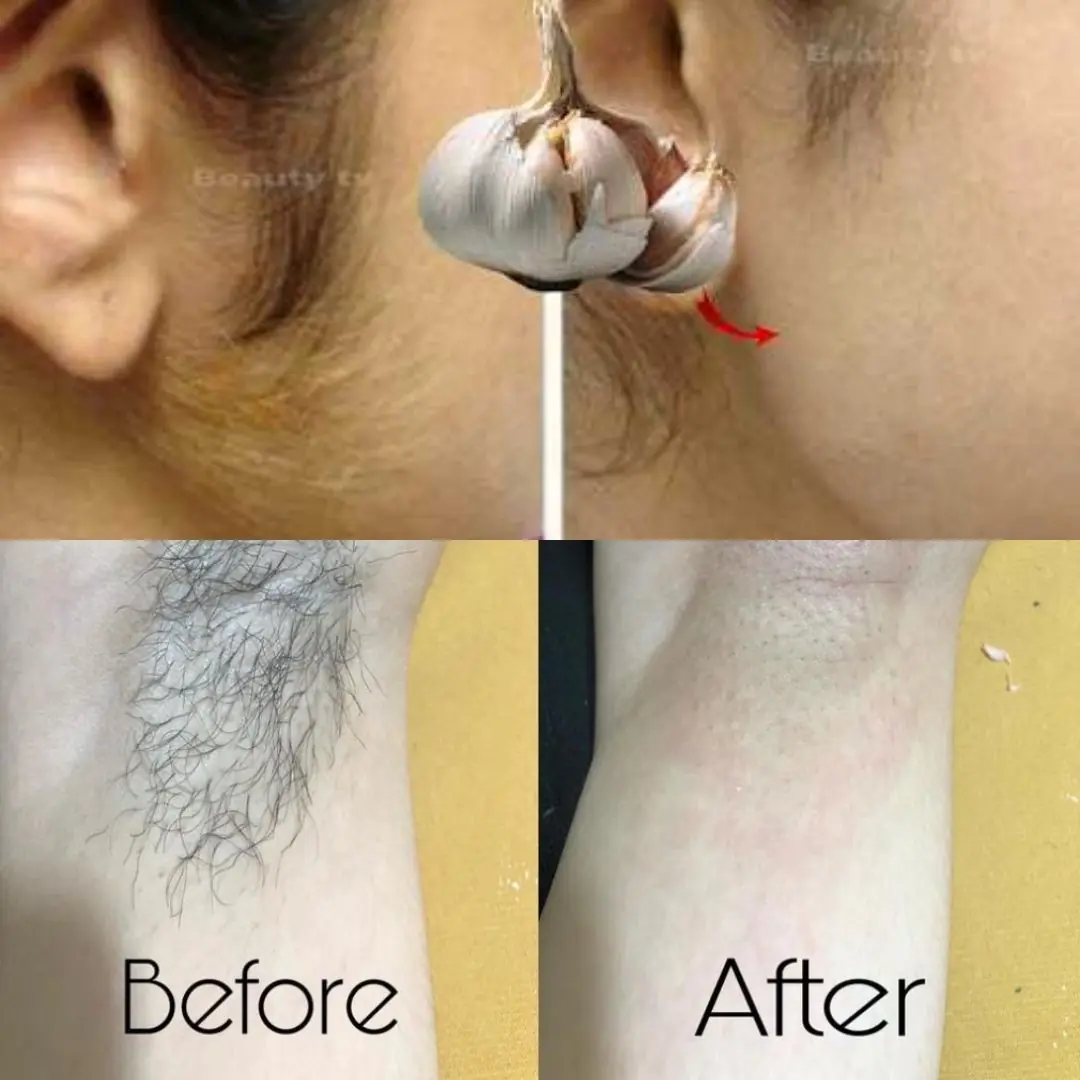
Risk of prostate cancer increases by 45% in men due to a common practice
Prostate cancer is one of the most prevalent cancers affecting men worldwide. While age, genetics, and ethnicity are established risk factors, recent studies have pointed to a surprising contributor to the growing number of prostate cancer cases: a common lifestyle practice that many consider harmless or even beneficial. According to recent research, this practice can increase a man’s risk of developing prostate cancer by up to 45%. Understanding this risk and its implications is crucial for public awareness and preventive health.
The practice in question is the excessive use of testosterone supplements and hormone replacement therapy (HRT). These treatments, often marketed as solutions for aging, low energy, and sexual dysfunction, have grown in popularity over the last decade. Many men turn to testosterone boosters without proper medical consultation, often influenced by advertisements promoting "anti-aging" benefits. However, what is often overlooked is the potential link between elevated testosterone levels and the increased stimulation of prostate cells, which may contribute to the development and progression of cancer.
Testosterone is a natural hormone essential for male health, but artificially manipulating its levels can have unintended consequences. The prostate gland is particularly sensitive to hormones, especially androgens like testosterone. While normal levels help maintain prostate function, excessive amounts may stimulate abnormal cell growth. Multiple studies have found that men who use testosterone therapy long-term, particularly without medical supervision, face a significantly higher risk of prostate-related issues, including cancer.
Adding to this concern is the fact that many men begin testosterone treatments without a clear medical diagnosis. Over-the-counter supplements and online prescriptions make it easier than ever to access these hormones, often bypassing essential screening processes. As a result, pre-existing but undiagnosed prostate conditions may worsen due to the sudden hormonal surge. What starts as a well-intentioned effort to regain vitality can turn into a serious health risk.
Moreover, the growing popularity of testosterone therapy has outpaced scientific understanding. While some studies show that testosterone replacement might be safe under strict medical guidelines, the lack of long-term data and inconsistent monitoring practices leave many questions unanswered. Unfortunately, this uncertainty does not deter the commercial industry behind hormone supplements, which continues to promote their products with little regard for long-term consequences.
The 45% increased risk highlighted by researchers is a wake-up call. It emphasizes the need for caution, medical oversight, and more public education regarding hormone therapies. Men, especially those over 50, should consult their doctors and undergo proper screenings before considering testosterone treatments. Physicians should also emphasize the importance of lifestyle changes—such as exercise, diet, and stress management—which can naturally improve energy and hormonal balance without increasing cancer risk.
In conclusion, the growing use of testosterone supplements represents a hidden health threat that deserves more attention. A practice once viewed as a harmless aid for aging men may, in fact, carry serious consequences. With prostate cancer already posing a significant threat to men’s health, increasing that risk through avoidable practices is not only dangerous but also unnecessary. By raising awareness, promoting informed decision-making, and encouraging regular health checkups, we can help reduce the number of prostate cancer cases linked to this all-too-common habit.
News in the same category

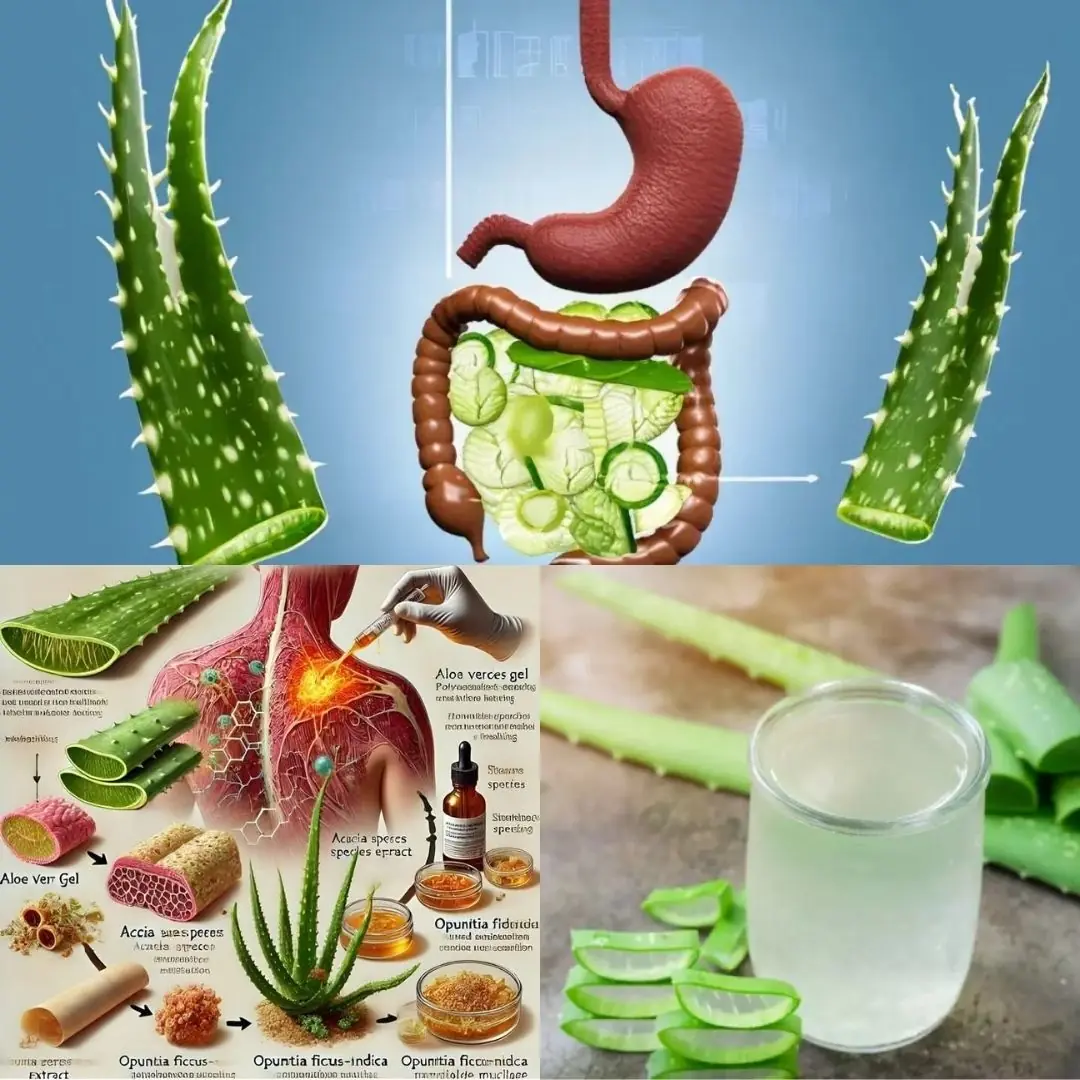
11 Reasons Why You Should Drink Aloe Vera Water Every Day
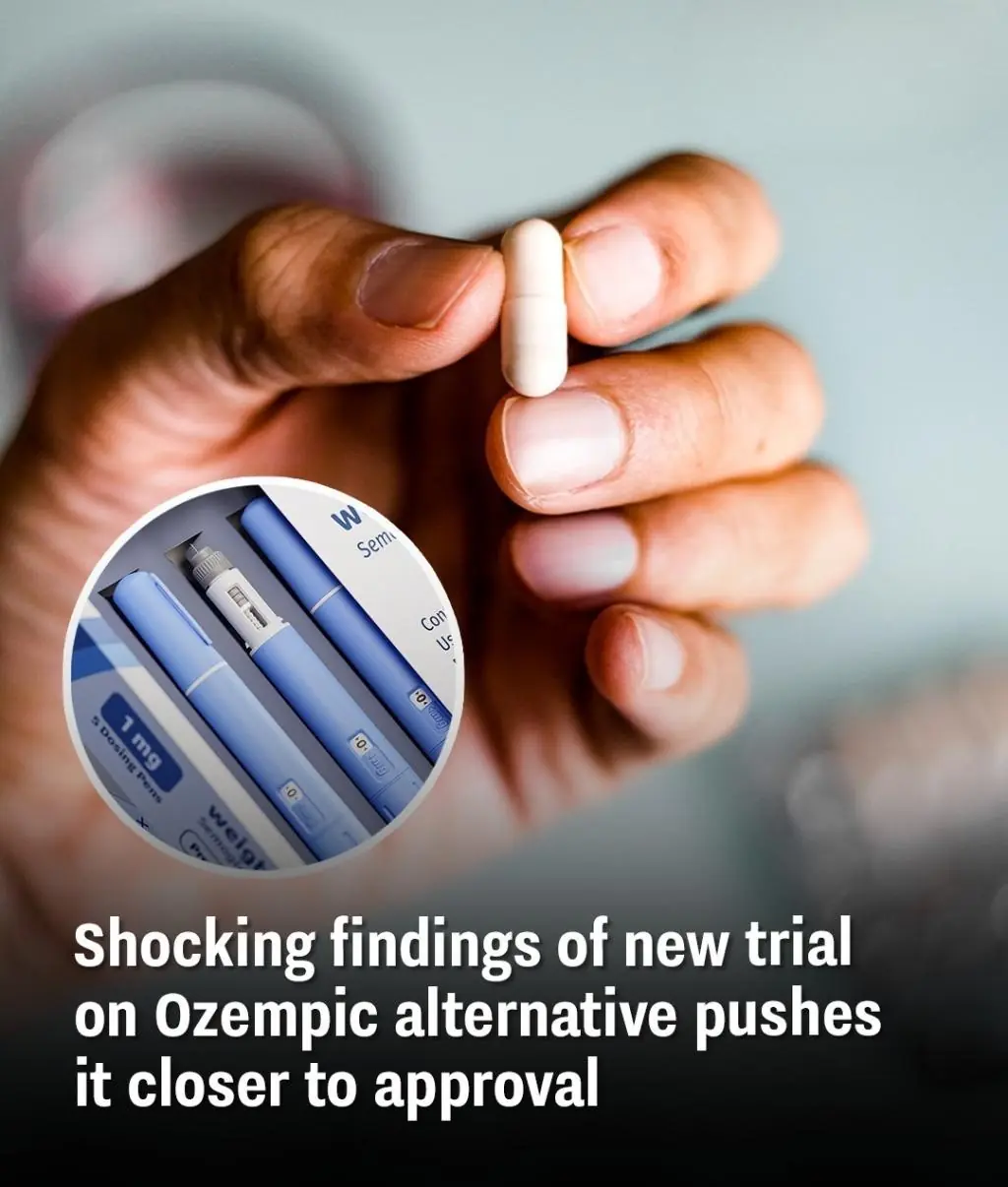
Shocking findings of new trial on Ozempic alternative pushes it closer to approval

Experts Warn People To Get Rid Of This Common Bedroom Item Over Fears It Might Harm Brain Health
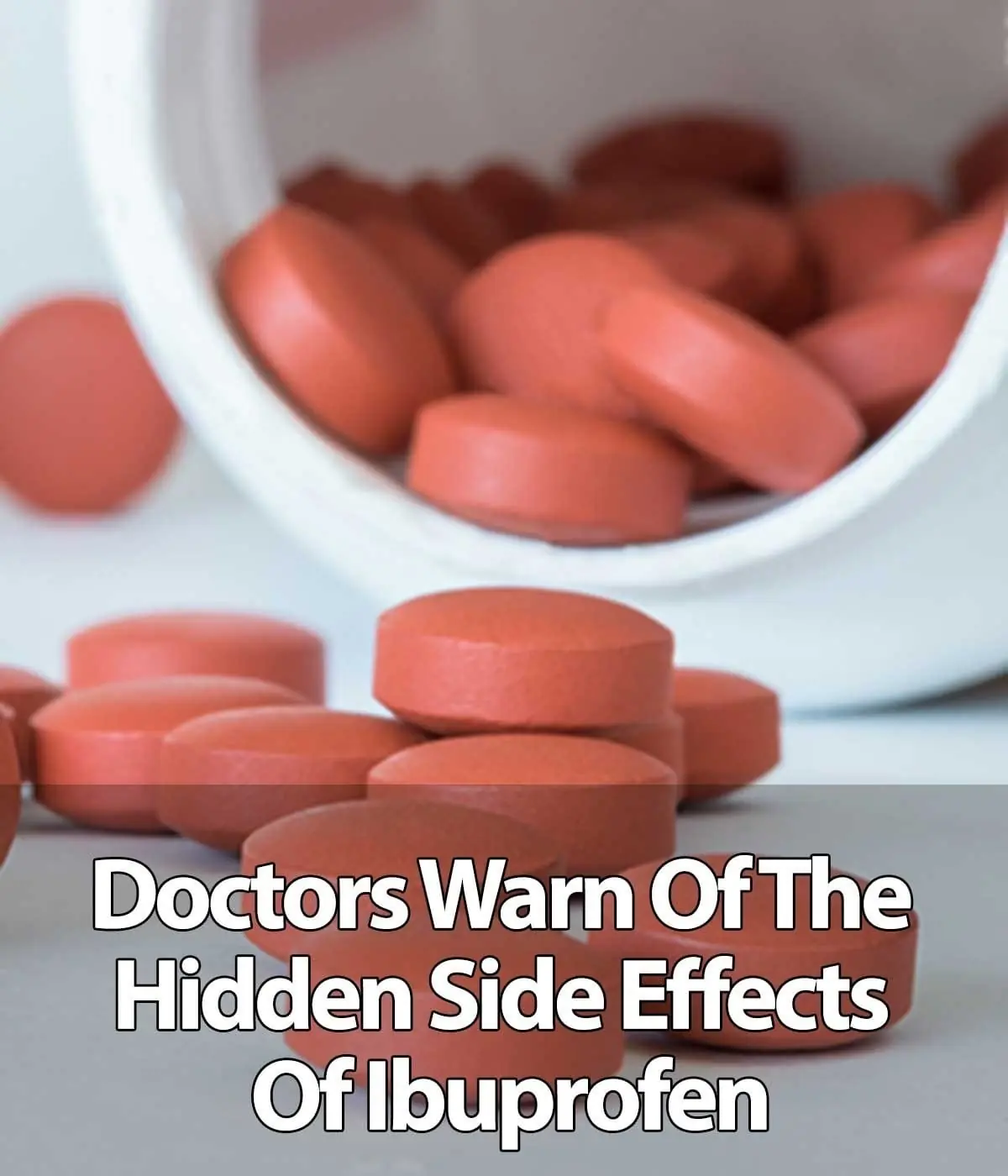
The Side Effects of Ibuprofen You May Not Be Aware Of

6-Year-Old Boy Suffers Stroke After Waking Up – Doctor Urges Parents to Know These 4 Warning Signs to Save Their Child
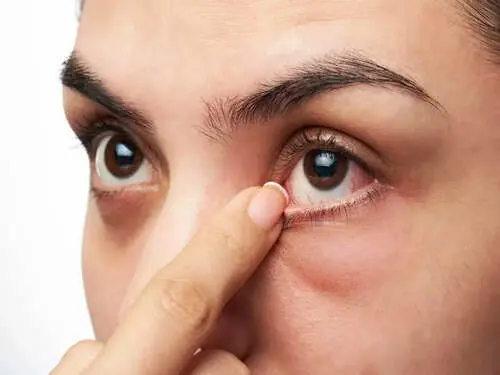
3 Eye Symptoms That Could Warn of a Stroke or Cancer – Don’t Ignore Them

17 Common Foods That May Trigger Kidney Stones – What to Avoid for Healthier Kidneys
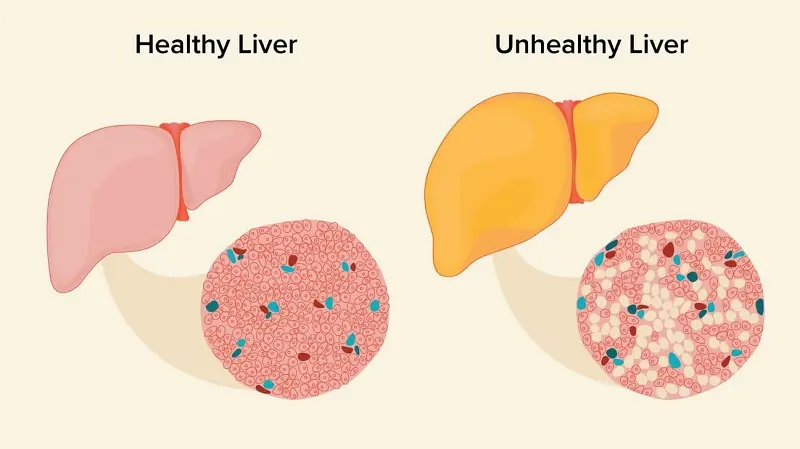
12 Strange Signs in Your Feet That Could Be Warning You About Liver Problems
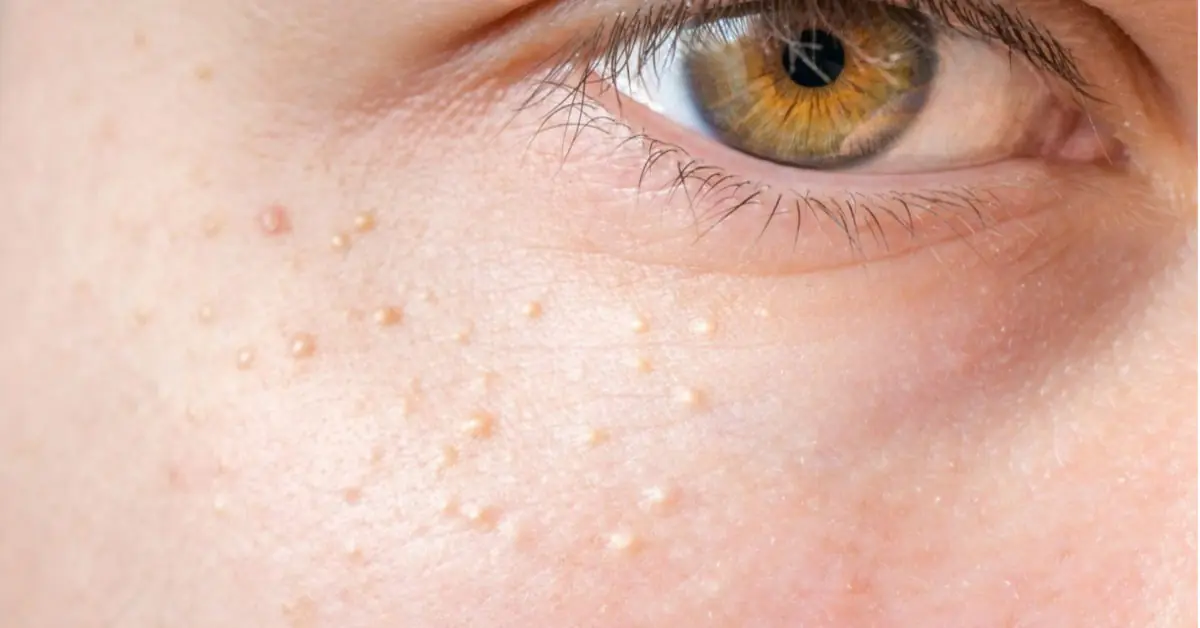
If these happen to you, it’s high time you see a doctor

Man who saw ‘proof’ that ‘death is not the end’ explains the seven levels of afterlife
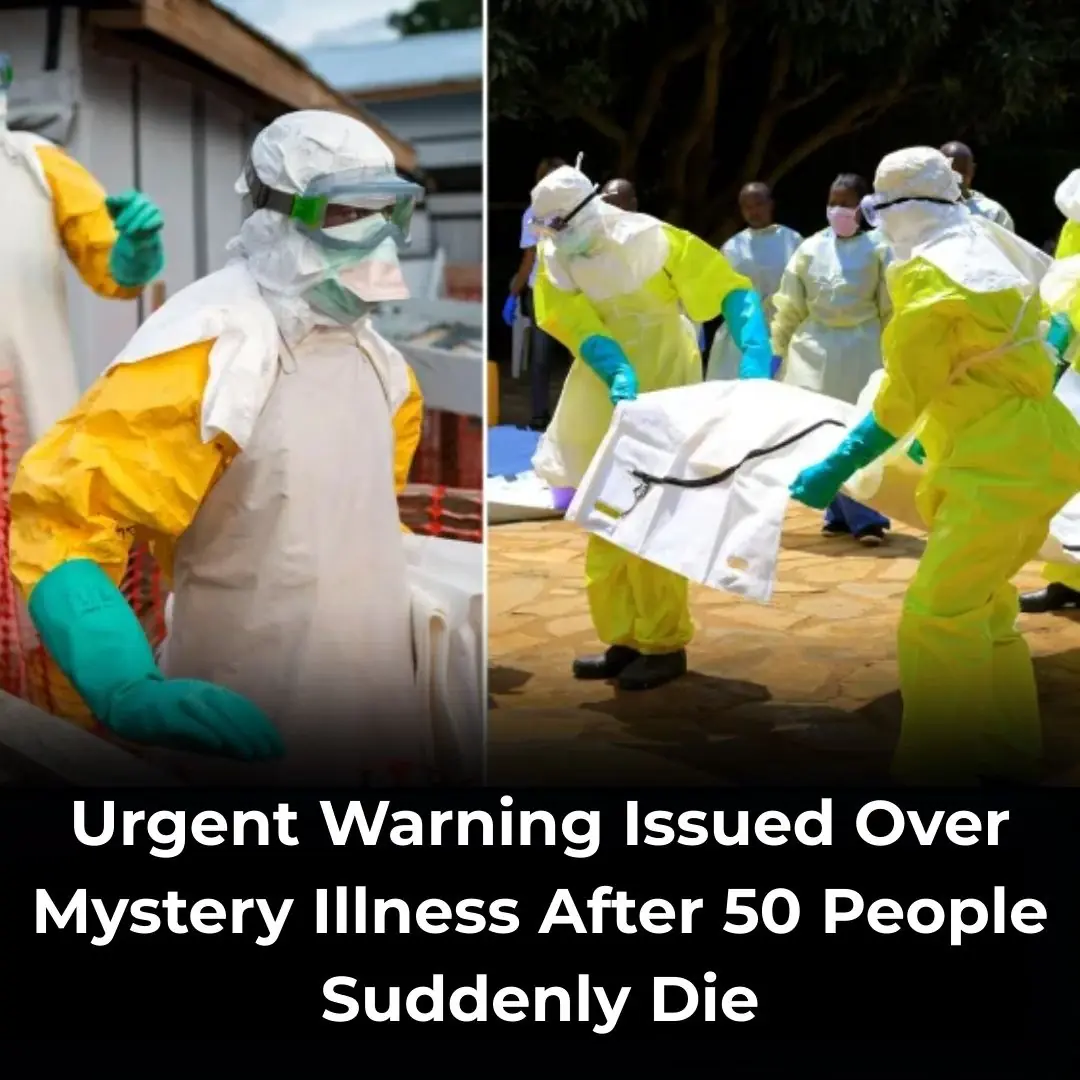
Over 50 Individuals Die Within Hours Of Symptoms Of An Unknown Illness Alarming Doctors

Warning sign of teen’s inoperable cancer that hit hours before diagnosis – now nothing can be done

If You See Someone with 'Visible Blue Veins', You Must Tell Them This — It Could Save Their Life
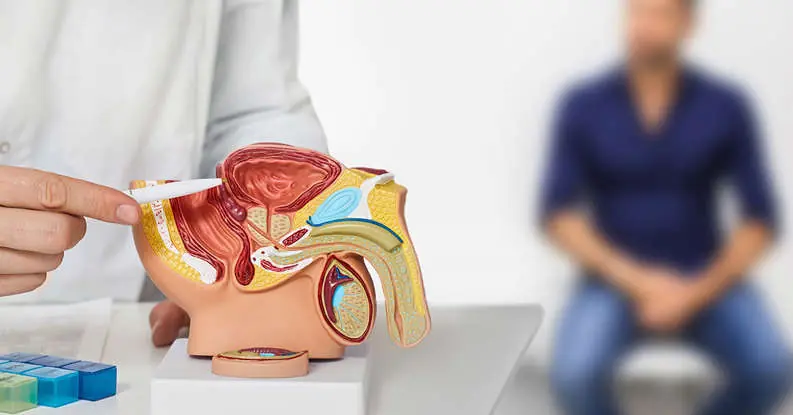
Common Habit Linked to 45% Higher Risk of Prostate Cancer in Men
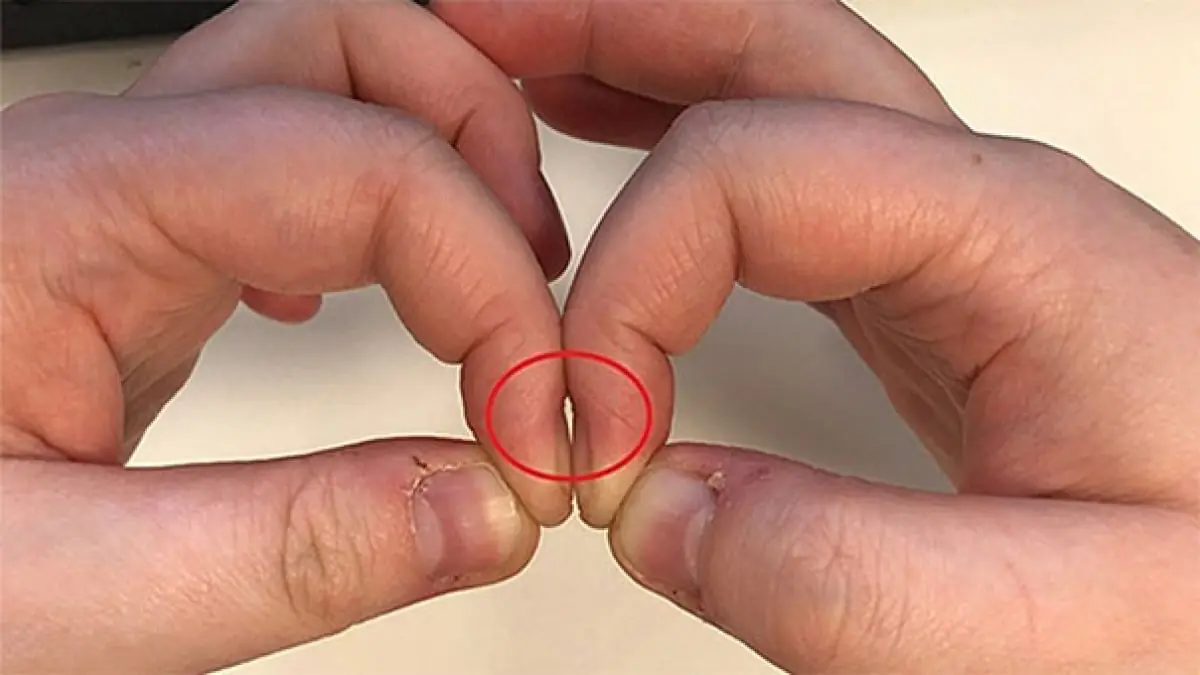
Placing Two Index Fingers Together Can Reveal Lung Cancer: A Quick Test Used by Doctors

The Surprising Reason to Keep a Glass of Water by Your Bedside at Night

Scientists Have Identified Specific Cognitive Skill Linked To Longer Life In Older Adults
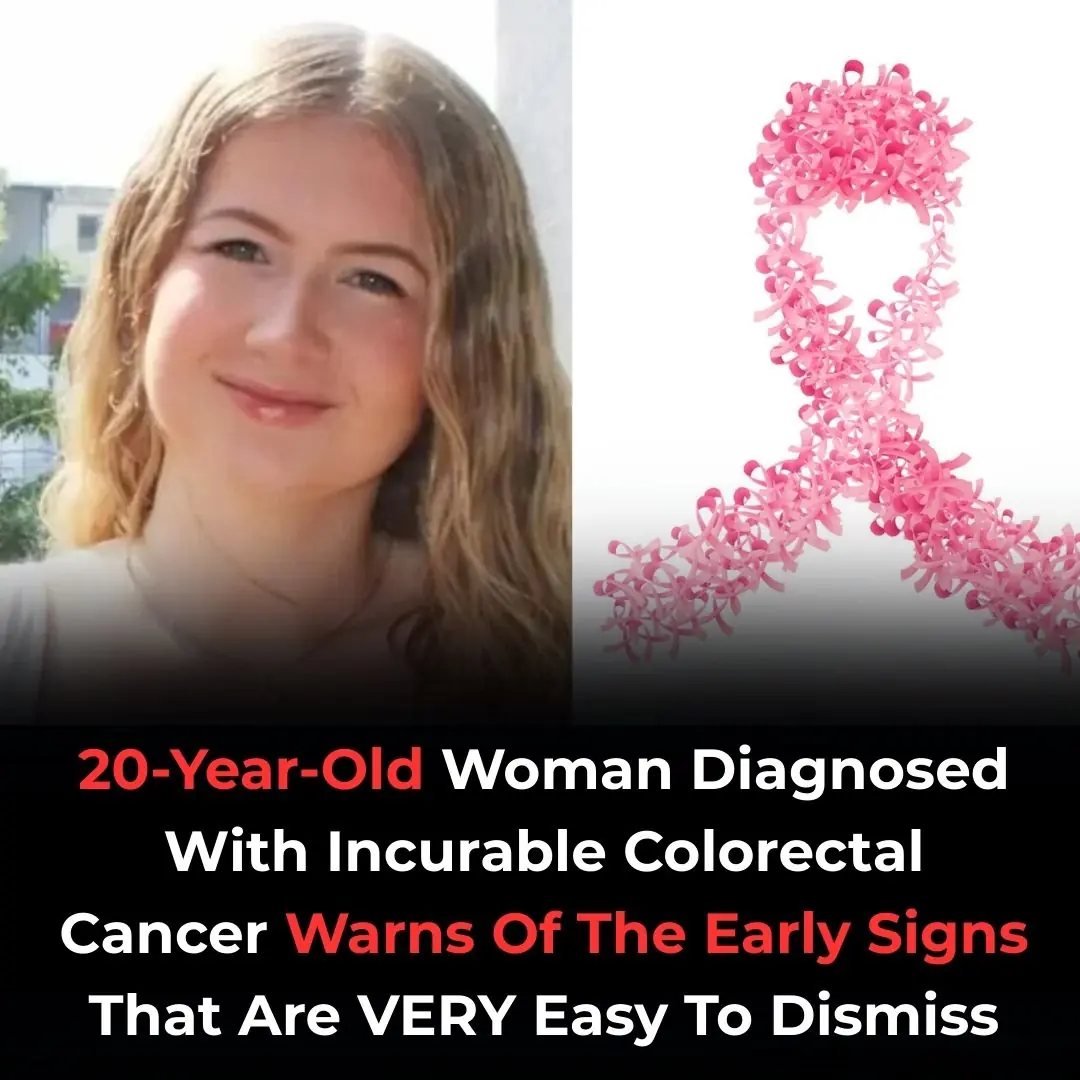
21-Year-Old Woman With Terminal Colon Cancer Warns Of The Early Symptoms That Are Simple To Ignore

Understanding the Causes of a Fishy Vaginal Odor
News Post

Here’s What The Lines On Bath Towels Actually Mean

Fake Honey is Flooding The Market — Here’s How To Spot The Real Thing

Here’s What It Really Means When A Man Turns His Back In Bed

Stop Shaving! Discover Natural Ways to Permanently Remove Facial, Body, and Pubic Hair

11 Reasons Why You Should Drink Aloe Vera Water Every Day

Shocking findings of new trial on Ozempic alternative pushes it closer to approval

Experts Warn People To Get Rid Of This Common Bedroom Item Over Fears It Might Harm Brain Health

The Side Effects of Ibuprofen You May Not Be Aware Of

6-Year-Old Boy Suffers Stroke After Waking Up – Doctor Urges Parents to Know These 4 Warning Signs to Save Their Child

3 Eye Symptoms That Could Warn of a Stroke or Cancer – Don’t Ignore Them

My MIL Ruined Our Wedding Three Times – But She Was the Only One Who Lost in the End

Child Made a New Friend at School, but Mom Is Shocked to Learn Who the Girl's Mother Is

I Became a Surrogate for My BIL and His Wife – When He Saw the Baby, He Yelled, 'This Must Be a Mistake!'

My Ex-husband Gifted Our Kid a Rocking Horse – When I Saw What Was Inside, I Called My Lawyer

My Husband and His Mistress Accidentally Got Into My Taxi So I Gave the Cheater an Anniversary He’ll Never Forget

Man Mocks Wife for Gaining Weight after Giving Birth, Finds Her Diary after She’s Hospitalized

My Stepdaughter Betrayed Me and Kicked Me Out After I Raised Her Like My Own – So I Used My Experience to Turn My Life Back Around

17 Common Foods That May Trigger Kidney Stones – What to Avoid for Healthier Kidneys

12 Strange Signs in Your Feet That Could Be Warning You About Liver Problems
